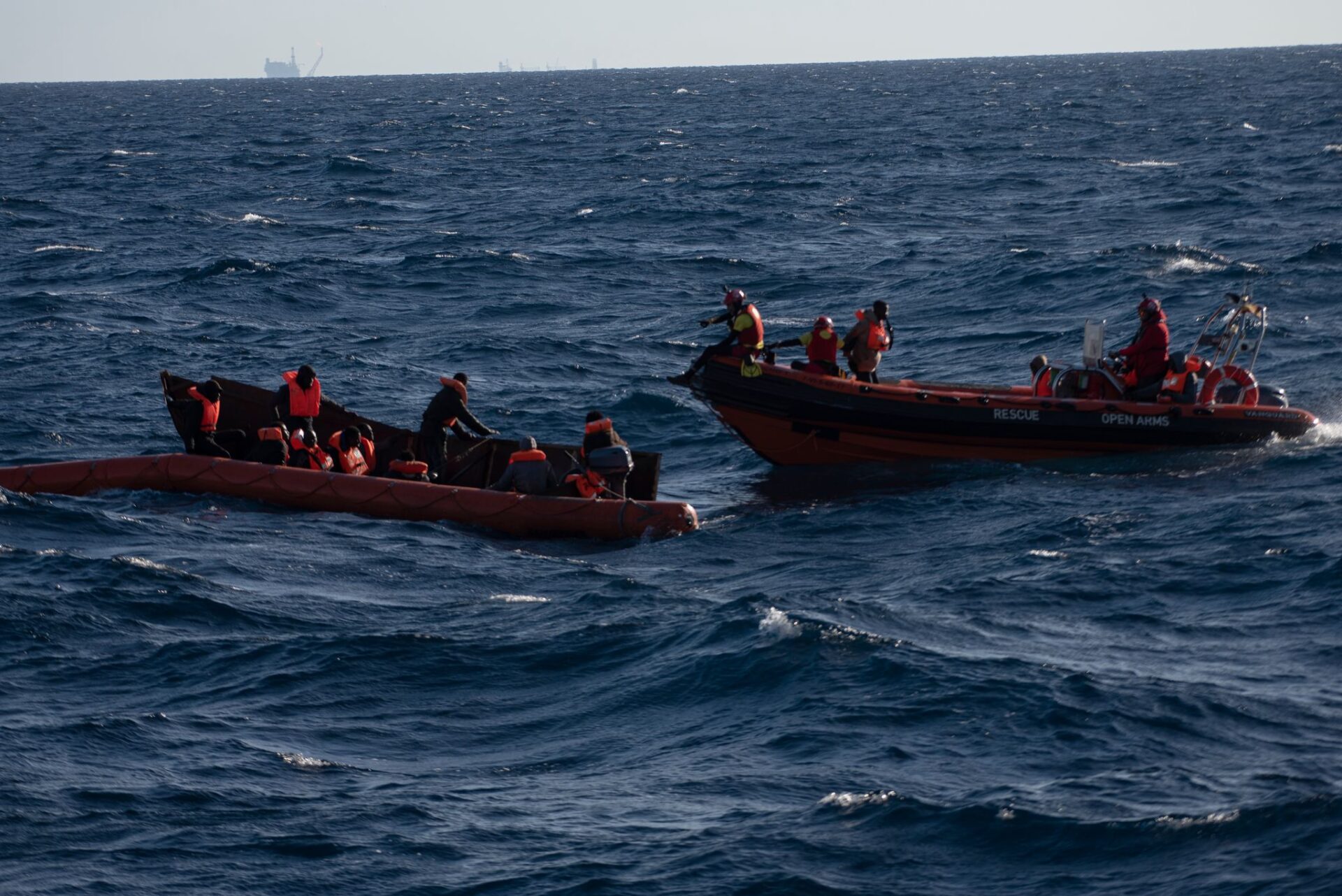Brussels – In the European Union, significantly fewer irregular border crossings were registered in the first four months of the year compared to the same period last year.
The total number fell by nearly 30 percent to around 47,000, according to new EU data available to the German Press Agency. The strongest decline was recorded on the so-called Western Balkan route, where only about 3,100 people were counted – a decrease of 58 percent.
But numbers also fell on all other major routes. There was a three percent decrease in irregular border crossings on the central Mediterranean route from North Africa towards Italy, down to around 15,700. On the eastern Mediterranean route towards Greece, the numbers dropped by 30 percent to around 12,200. And towards the Spanish mainland, only about 3,500 people arrived by sea (down 10 percent), while only around 10,400 came towards the Canary Islands (down 34 percent).
EU Commissioner Brunner: Measures against irregular migration are effective
The EU Commissioner for Migration Magnus Brunner views the developments as evidence of the success of the common European policy. “This shows that our measures are effective, especially the increased engagement with partner countries outside the EU,” says the Austrian. Together with the EU member states, efforts are being made to further curb irregular migration.
It is also about putting a stop to smugglers, Brunner said. According to estimates, they charge five-figure sums for organizing the journey. Most people recently arrived from Bangladesh, Afghanistan, and Mali.
Frontex figures complicate the argument for the German government
The current data was compiled by the EU border protection agency Frontex. According to its own statements, it currently has 3,200 officers deployed along the EU’s external borders. They work there with national authorities and also monitor maritime areas where migrants frequently find themselves in distress. The International Organization for Migration (IOM) estimates that 555 people lost their lives at sea in the first four months of this year alone.
For the new German federal government, the recent EU figures could pose a problem. The reason is that they explain the currently intensified controls at the German borders, among other things, with insufficient progress in EU migration policy. In principle, only the EU’s external borders should be controlled in the so-called Schengen area to allow for free movement of people and goods within the Schengen area without cumbersome checks.
Moreover, the new Frontex figures show that not all refugees arriving in the EU want to stay there permanently. In the first four months of the year, around 18,100 irregular border crossings or attempts to cross the border towards Great Britain were registered. This was five percent more than in the same period last year. (May 14)
 go to the original language article
go to the original language article
